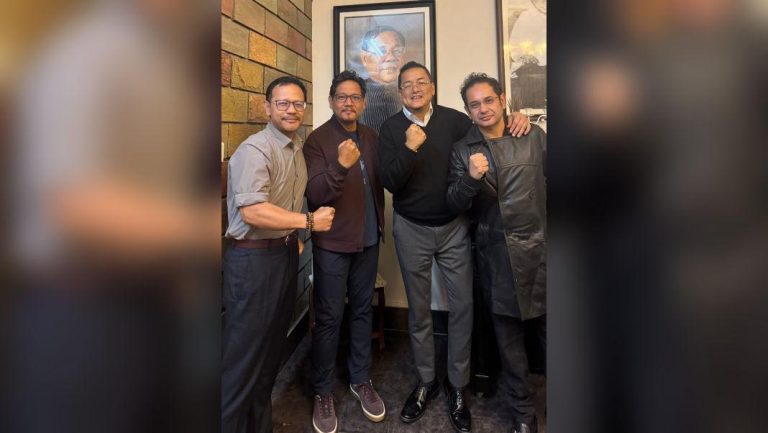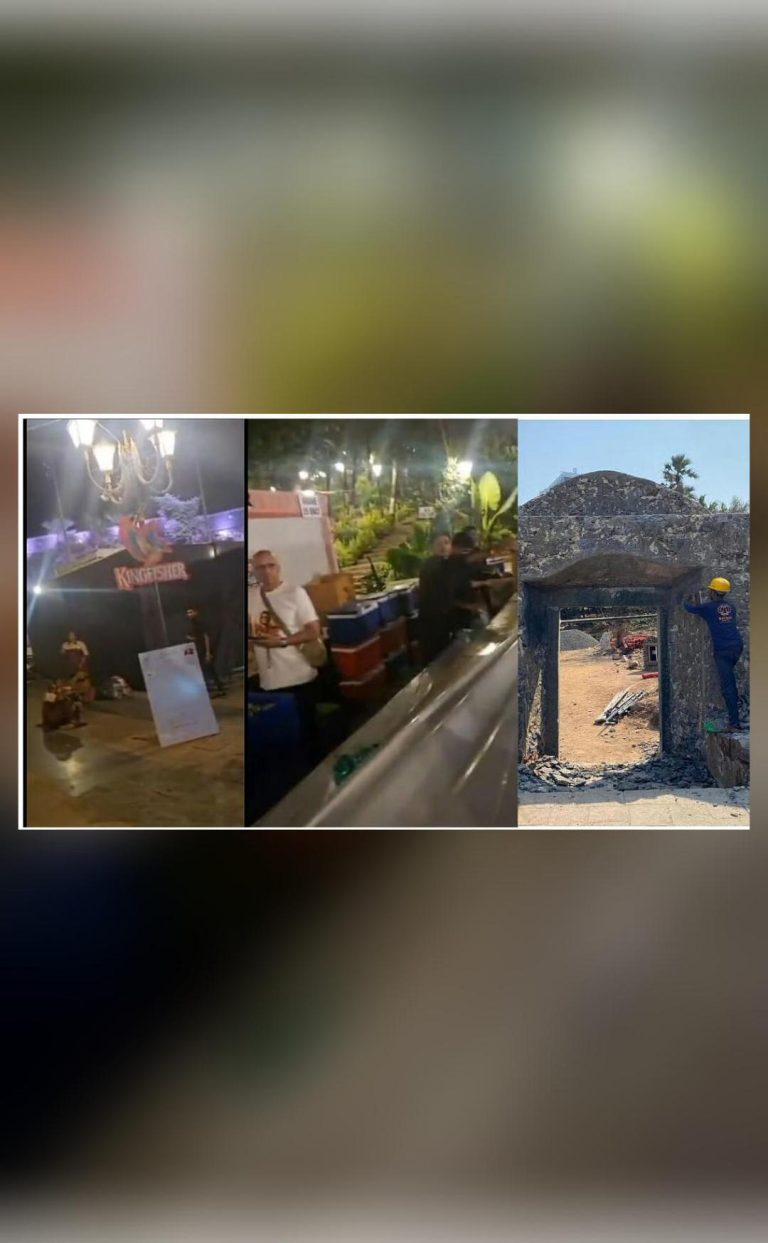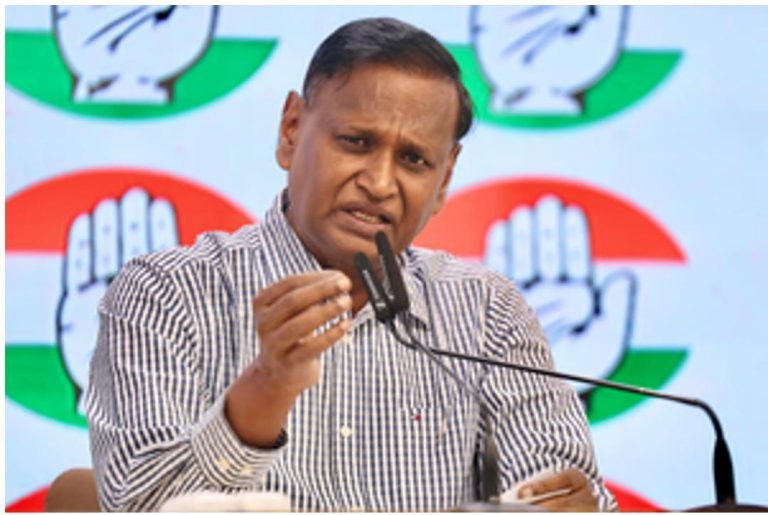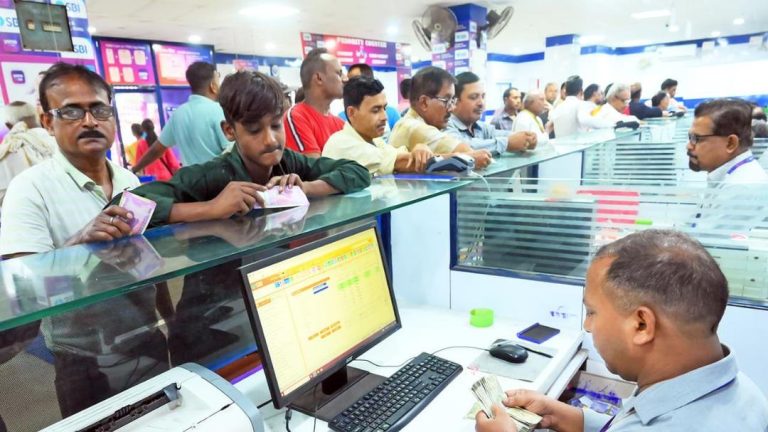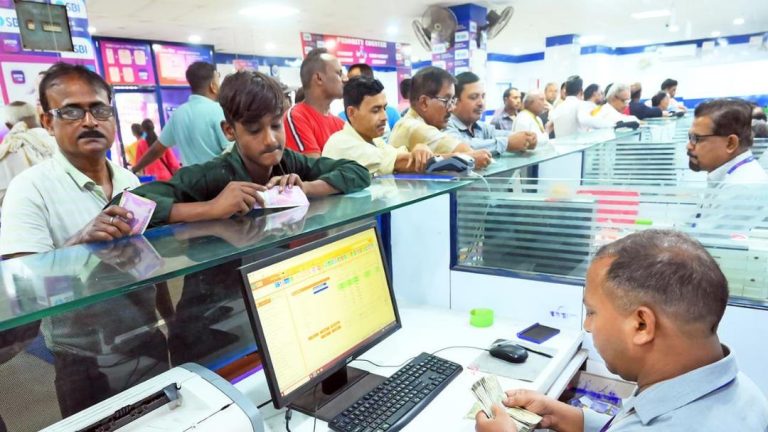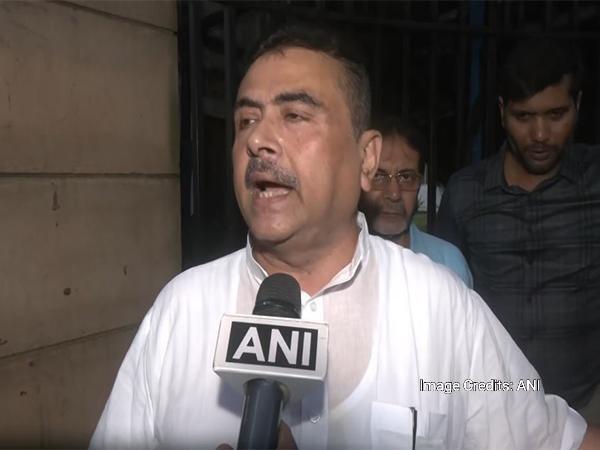
Title: Not a Single Rohingya Will Stay in Bengal if BJP Wins: Suvendu
In a recent statement, BJP leader Suvendu Adhikari sparked controversy by announcing that if the BJP comes to power in West Bengal, it would delete Rohingya and Bangladeshi Muslim intruders from the voter list and expel them from the country. His statement has sent shockwaves across the political spectrum, with many questioning the feasibility and morality of such a plan.
The Special Intensive Revision of electoral rolls is currently underway in West Bengal, and Suvendu’s statement was made during a meeting with the Election Commission officials. He emphasized that the BJP’s priority would be to identify and delete the names of Rohingya and Bangladeshi Muslim intruders from the voter list. Once this is done, he claimed that the government would take steps to expel them from the country, just as other governments have done.
Suvendu’s statement has been met with widespread criticism from political opponents and human rights organizations. Many have accused the BJP of trying to polarize the electorate by targeting a specific community and have questioned the legitimacy of Suvendu’s claim that all Rohingya and Bangladeshi Muslim intruders are “infiltrators”.
The Rohingya community is a highly vulnerable group that has been persecuted in Myanmar for decades. Many have fled to neighboring countries, including India, seeking refuge and safety. While some Rohingya have indeed entered India illegally, many others have been granted refugee status and are living in camps or urban areas.
The Bangladeshi Muslim community, on the other hand, has been a part of Indian society for generations. Many have been born and raised in India, and have contributed to the country’s growth and development. To lump them together with the Rohingya and label them as “infiltrators” is not only unfair but also inaccurate.
Suvendu’s statement has also been criticized for its lack of transparency and accountability. He has not specified how the government would identify and delete the names of Rohingya and Bangladeshi Muslim intruders from the voter list, nor has he outlined any criteria for determining who is an “infiltrator”. This lack of transparency has raised concerns that the government may use arbitrary and discriminatory criteria to target specific communities.
Furthermore, Suvendu’s statement has implications for the fundamental rights of citizenship and the principles of equality and non-discrimination enshrined in the Indian Constitution. To expel entire communities from the country without due process or fair trial would be a violation of these principles and would have far-reaching consequences for the democratic fabric of our country.
The BJP’s stance on the Rohingya and Bangladeshi Muslim communities is not new. In the past, the party has been accused of using divisive rhetoric and discriminatory policies to target these communities. Suvendu’s statement is just the latest in a long line of such statements that have been made by BJP leaders.
In conclusion, Suvendu’s statement has sparked widespread outrage and concern. Rather than addressing the real issues facing the people of West Bengal, such as poverty, unemployment, and lack of infrastructure, the BJP is trying to polarize the electorate by targeting specific communities. The people of West Bengal deserve better than this kind of divisive politics. They deserve a government that will work for the welfare of all citizens, regardless of their religion, caste, or creed.
